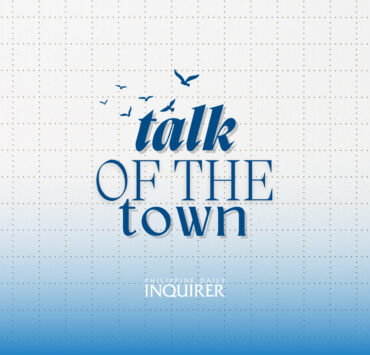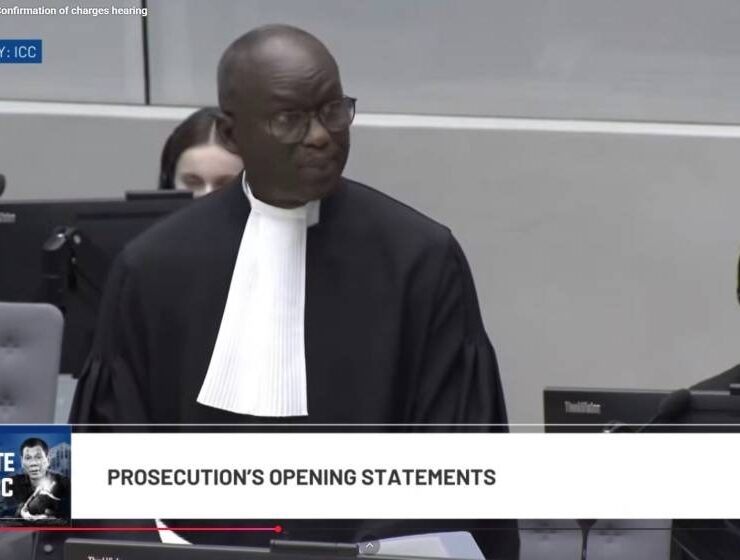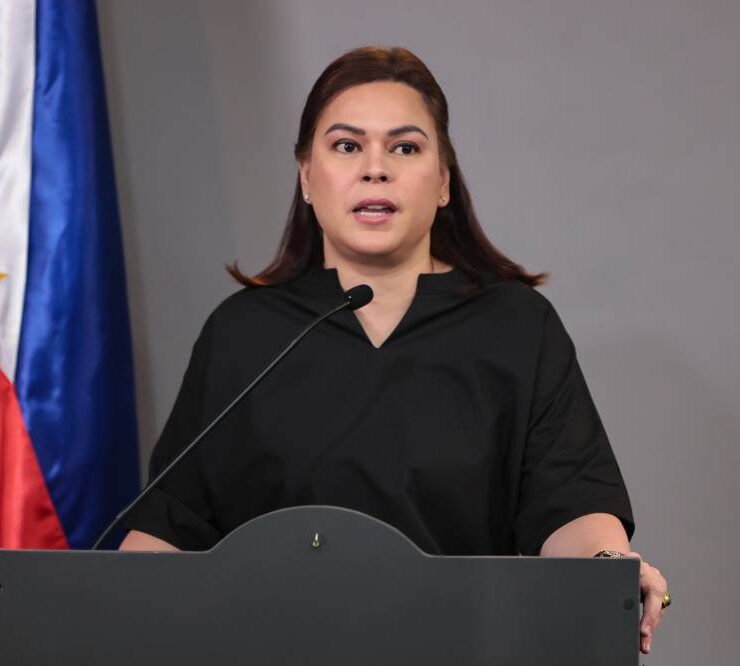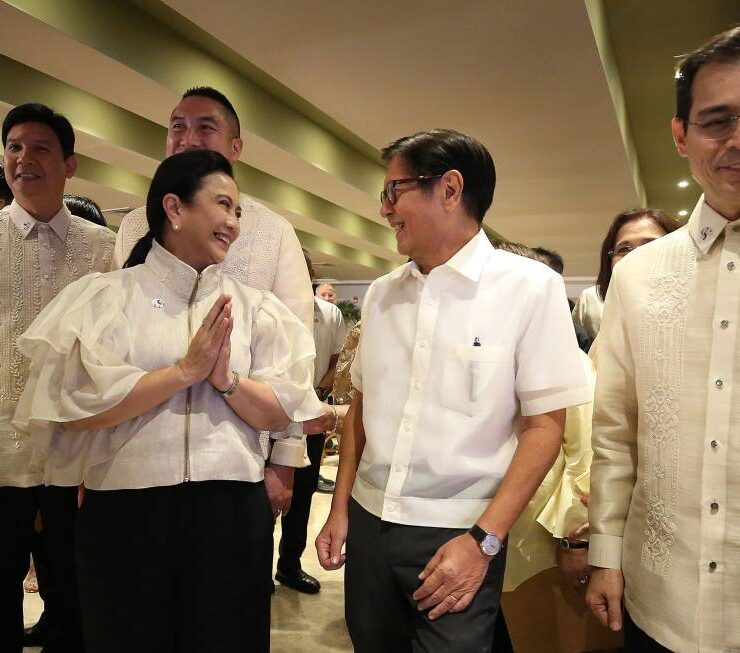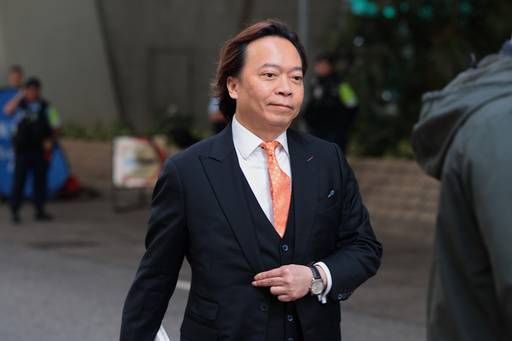Biggest winners, losers of 2024
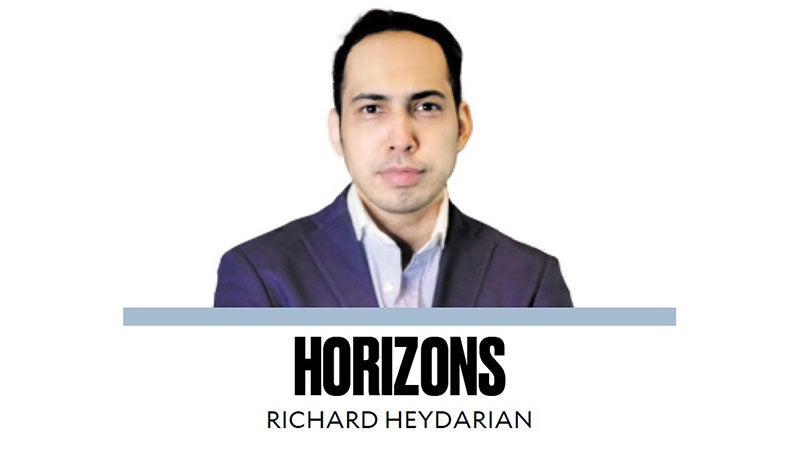
Somewhere in one of his masterpieces, Gabriel Marquez writes about how “life obliges [people] over and over again to give birth to themselves.”
In many ways, politics is the same, since key figures need to constantly reinvent and “give birth to themselves” lest they are devoured by vicissitudes of electoral predilections. One could argue that the Philippines is not too different from Marquez’s fictional town of Macondo, the center stage of “One Hundred Years of Solitude,” where hardly any of the central characters are immune to either the fickleness of time or shocking transmogrification. As in Macondo, ours is also a “beautiful mess”: spectacularly vibrant, unabashedly tragic, and dramatically colorful.
The year began with a bang, with former president Rodrigo Duterte openly inciting rebellion and calling his successor a “drug addict.” The intention was clear: damage the political fortunes of President Marcos and, if possible, engineer a Duterte reoccupation of Malacañang. By all indications, however, the old man heavily miscalculated, since arguably the biggest political loser was his family, especially his daughter, Vice President Sara Duterte.
Once upon a time, the UniTeam was called the “UniBrats” since the two main protagonists, Mr. Marcos and Sara Duterte, were largely the hapless beneficiaries of their fathers’ scorched-earth political harvest. There was never a “center of gravity” in the UniTeam. And since politics abhors a vacuum, it was just a matter of time before veto players began to plot for power at the expense of the “alliance of inconvenience” between the House of Marcos and the House of Duterte.
And no person played a bigger role in prematurely dismantling the UniTeam than Rodrigo Duterte—arguably, the ultimate “Karen” in Philippine politics. If not for his aggressive interventions to impose his will, the two “brats” would have likely worked out their differences until the next presidential elections. After all, neither of them was confident or skillful enough to dislodge the other without imperiling his/her political survival. Mr. Marcos relied on the “Solid South” to secure the presidency with the largest margin, while Sara Duterte leaned on the Marcoses to build her national footing.
Surely, it has been a case of mutual destruction, since both sides have suffered massive declines in their approval and trust ratings in the past two years. But the bigger loser is Sara Duterte: she was forced to give up the most well-resourced Cabinet position, while her net approval rating of only 22 percent in Pulse Asia’s fourth quarter survey is only a dismal fraction of her father’s at a comparable phase in national politics. Worse, even her “Solid South” base is not so solid anymore, with double-digit quarterly declines in both Visayas (20 points) and Mindanao (13 points). She also ended up exposed to countless legislative hearings, which have unearthed a rich variety of fiscal anomalies.
In contrast, Mr. Marcos still controls all the levers of state power. He is more of the “biggest survivor,” having avoided a political hemorrhage in spite of direct assault by the Dutertes as well as manifold controversies hounding his administration’s fiscal and developmental policies.
Politically, the biggest winners of the year came from surprisingly diverse backgrounds. On one hand, Sen. Raffy Tulfo has steadily consolidated his position as the new front-runner for the 2028 presidential elections in practically all major surveys. He has displayed significant political acumen by studiously distancing himself from UniTeam conflagration while focusing on his Senate exposes and muckraking journalism with a tinge of macho populism.
Meanwhile, Sen. Risa Hontiveros, the only social democrat to have made it to the Philippine Senate, has solidified her position as the new “iron lady” of the country’s highest chamber by, inter alia, courageously taking on cults, con artists, and covert agents of a hostile foreign power. As for former vice president Leni Robredo, she is clearly the “comeback queen” of the year. The torchbearer of Philippine liberalism seamlessly reassumed her position as a central figure in Philippine politics by judiciously welcoming all major political figures to her hometown, of Naga, a city which she is widely expected to lead into a new era of greatness in coming years. And her impeccably sincere and competent leadership during the latest natural disasters only proved why Leni remains the top choice for millions of Filipinos in future presidential elections.
—————-
rheydarian@inquirer.com.ph














